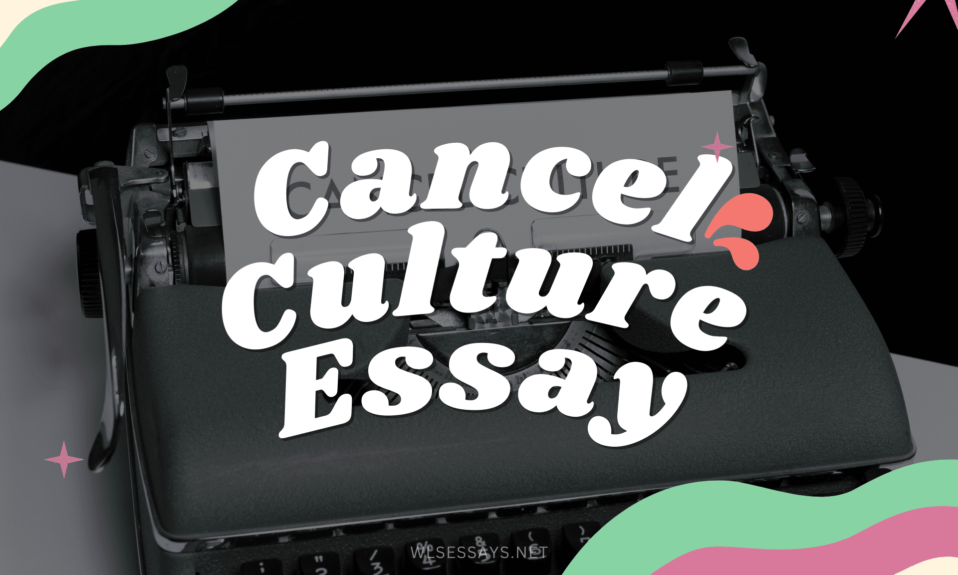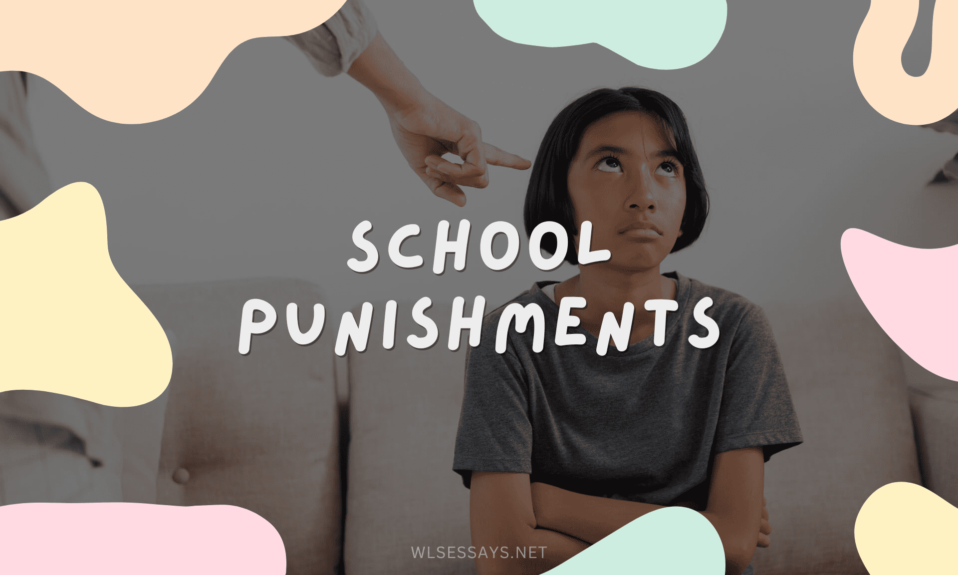As science educators, we always look for engaging resources to enhance our students’ understanding of complex concepts. This can be through textbooks, model kits, field trips, educational games, visual charts, or even guest speakers. In the modern learning environment, websites have become an indispensable resource for all teachers across various subjects and educational levels (Pilgrim, 2019). These tools offer instant access to a wealth of information from anywhere with an internet connection. This accessibility allows both educators and students to access learning materials at any time. Their global reach facilitates collaboration, knowledge sharing, and cultural exchange, enriching the educational experience. Perhaps none is as impactful as IXL.COM. This website not only simplifies science concepts for young learners but also personalizes the learning experience and alignment with Georgian educational standards.
IXL Learning is an online platform offering learning experiences for science students. It covers topics from kindergarten through to high school, with over 10,000 skills available in biology, physics, earth, and chemistry (IXL, n.d.). Users can access skills, lessons, videos, and games tailored to each science topic and grade level. IXL offers personalized skill plans aligned with state standards, textbooks, and assessments such as the NWEA MAP, ACT, and SAT, as well as the GSE and NGSS. The platform has real-time diagnostic tools that help educators identify students’ strengths and weaknesses, allowing for targeted instruction. Learners can also earn awards for their achievements, which promotes motivation and engagement. It offers learning flexibility as it is suitable for use in classrooms, schools, districts, and for individual families. The platform caters to all students’ diversity by offering content in Portuguese, Spanish, Hindu, and French languages. As such, IXL promotes mastery of fundamental scientific principles across various disciplines.
As a science educator, I found the platform highly stimulating through its interactive and adaptive features. Firstly, users earn awards and achievements as they progress through skills, which promotes a sense of accomplishment. For instance, students can earn virtual medals for mastering specific science concepts, creating a sense of competition and engagement among themselves. On IXL, learners embark on a treasure hunt to uncover hidden prizes that reflect kids’ interests, such as hobbies (IXL, n.d.). With ongoing practice, new challenges unlock progressively, ensuring sustained effort throughout the entire year. Additionally, the incorporation of multimedia elements and real-time feedback encourages active participation and immediate correction of errors. As such, IXL’s features make science learning enjoyable and captivating for students of all levels.
Additionally, the website is highly informative. Firstly, users receive prompt feedback that not only informs them about the correctness of their response but also spells the fundamental principles. Moreover, the platform offers a wealth of supplementary resources, such as diagrams, charts, and videos, which further simplify complex concepts (Morris & Rohs, 2023). For example, when learning about the change-of-state, Grade 5 students access visual representations that depict each stage of the process. Furthermore, IXL aligns its content with NGSS standards, which exposes the kids to relevant and up-to-date scientific information. Moreover, the platform offers detailed analytics that provide insights into areas for improvement. For instance, educators can track individual performance on specific skills, allowing for targeted intervention and personalized instruction. As such, IXL empowers students to become informed and critical thinkers in the field of science.
The website enhances science learning in the classroom in unique ways. Firstly, IXL offers a wide range of science topics aligned with various grade levels, allowing educators to supplement their curriculum with relevant content (IXL, n.d.). For example, a third-grade tutor can use the platform to reinforce concepts such as weather, while a seventh-grade educator can focus on engineering principles. Additionally, IXL Science offers a wealth of interactive exercises, videos, and simulations that facilitate hands-on exploration. For example, learners can manipulate variables in virtual experiments to observe cause-and-effect relationships which encourage critical thinking (Morris & Rohs, 2023). Teachers can also customize learning, and through adaptive learning, kids can progress at their own pace while receiving targeted support. This approach promotes a deeper understanding of complex scientific concepts. Therefore, Georgian educators can create an enriching learning environment by integrating IXL into their curriculum.
The platform offers a multifaceted approach to k-8 science education. IXL’s science skills for kindergarten offer a variety of activities that can benefit younger students in several ways. For example, skills related to shapes, colors, materials, and textures encourage students to classify based on their properties. These skills lay the foundation for understanding STEM concepts at an early age. On the other hand, eighth graders can comprehend complex procedures, including laboratory safety equipment and components of the engineering design. Educators can use IXL to differentiate instruction for k-8 by assigning skills based on students’ abilities and providing targeted support and extension activities as needed. As such, IXL serves as a valuable resource for reinforcing key concepts, preparing for standardized tests, and conducting independent research. The platform is a treasure collection for science educators. Its engaging interface, personalized learning, and alignment with GSE and NGSS make it a must-have tool. Therefore, IXL is the compass that guides educators will continue to empower young learners with curiosity and critical thinking.
References
IXL (n.d.). IXL Science. https://www.ixl.com/science
Morris, T. H., & Rohs, M. (2023). The potential for digital technology to support self-directed learning in formal education of children: A scoping review. Interactive Learning Environments, 31(4), 1974-1987. https://doi.org/10.1080/10494820.2020.1870501
Pilgrim, J. (2019). Are we preparing students for the web in the wild? An analysis of features of websites for children. The Journal of Literacy and Technology, 20(2), 97-124.









